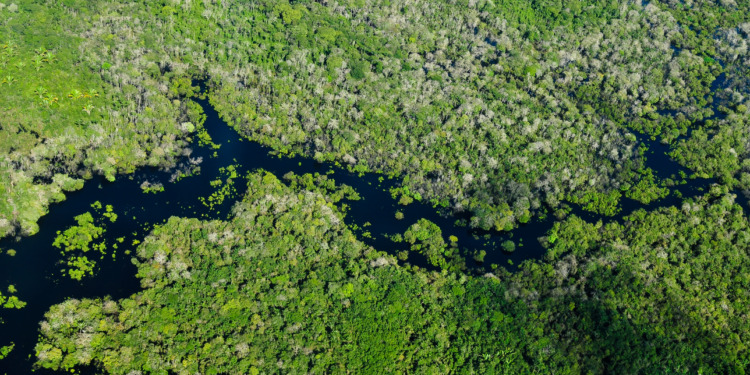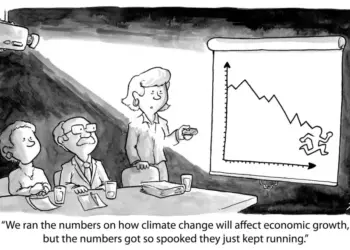In the quest for a more sustainable future, grasping the difference between “complicated” and “complex” is essential. This distinction is not merely a matter of semantics, but a crucial factor in comprehending the intricacies of sustainability and unlocking innovative solutions inspired by nature.
In this article, we will delve into the difference between complicated and complex environments and how understanding this distinction can help organizations thrive in an ever-changing landscape.
The importance of differentiating between complicated and complex cannot be overstated when it comes to sustainability. In order to develop effective, long-lasting solutions for the pressing environmental, social, and economic challenges we face, organizations must understand the true nature of these challenges. Recognizing whether a problem is complicated or complex can shape the way we approach finding solutions, and ultimately determine the success of our sustainability efforts.
First, let’s define the terms. Complicated contexts are those that contain intricately combined or involved parts, but can ultimately be understood through analysis and expertise. Complicated problems have clear parameters, predictable outcomes, and can be solved using existing knowledge.
In contrast, complex contexts involve interconnected parts that make the whole perplexing, and are characterized by non-linear interactions.
In complex situations, many aspects of a problem may be undefinable, and outcomes are often unpredictable. Existing know-how is insufficient, necessitating constant adaptation, improvisation, and experimentation.
David Snowden from IBM offers a helpful analogy: A Ferrari is a complicated machine, whereas the Amazon rainforest is a complex system. While an expert mechanic can disassemble and reassemble a Ferrari without changing its functionality, the Amazon rainforest is a constantly changing, dynamic system with unpredictable consequences arising from seemingly minor changes.
Related articles: European Innovation for Sustainability Summit: Helping Businesses Become Greener | 4 Steps Toward Business Sustainability
Today, many businesses find themselves operating in complex environments, characterized by volatility, uncertainty, complexity, and ambiguity (VUCA). In these conditions, companies must adopt new approaches to maintain resilience and achieve sustainability. Two major shifts are required: embracing a systems perspective and integrating sustainability into core strategy.
Natural ecosystems like rainforests and coral reefs offer valuable insights into how organizations can navigate complexity. These systems have millions of years of experience developing strategies to thrive amidst constant change, demonstrating an ability to connect, adapt, and innovate.
Companies can learn from these systems by fostering meaningful relationships with diverse stakeholders, continuously upgrading their orientation to suit a changing context, and proactively transforming challenges into opportunities for innovation.
This approach allows companies to create long-term value, promote global sustainability, and foster innovation for a more prosperous and equitable future.
Editor’s Note: The opinions expressed here by the authors are their own, not those of Impakter.com — In the Featured Photo: Aerial view of the Amazon Rainforest, near Manaus, the capital of the Brazilian state of Amazonas, Brazil. Featured Photo Credit: Neil Palmer/CIAT.










